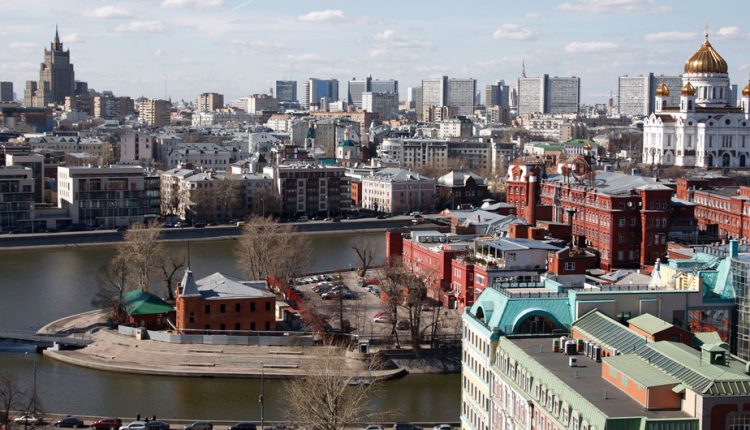UN rights office ‘deeply troubled’ by Russian activist Aleksei Navalny’s arrest
The UN human rights office (OHCHR) have raised alarm over the arrest of Russian opposition activist Aleksei Navalny and called for his immediate release. The office said in a tweet that they were “deeply troubled” by the arrest and called on the Government to respect his right to legal due process.
According to reports, Mr. Navalny was arrested on Sunday upon return to Moscow from Germany, where he had been recovering after allegedly being poisoned with a Novichok nerve agent.
In a statement issued later in the day, two independent UN human rights experts saluted the bravery of the anti-corruption activist, and called on Russia to release him while also ensuring that his life and well-being, are protected.
Agnes Callamardm the Special Rapporteur on extrajudicial, summary or arbitrary executions, and Special Rapporteur Irene Khan, who covers the right to freedom of opinion and expression, said it was “appalling that Mr. Navalny was arrested for breaching parole terms, for a sentence he should not have received in the first place and despite the authorities being fully aware that he had been several months in Germany recovering from an attempt on his life”.
OHCHR said in the press release that it was believed Mr. Navalny’s arrest was related to alleged violations of a suspended sentence for a fraud conviction following proceedings that the European Court of Human Rights said in 2018, were arbitrary and unfair. The Federal Penitentiary Service of Russia said in a statement that Mr. Navalny missed regular check-ins, required for his suspended sentence, without a valid reason.
Alleged poisoning
In August last year, Aleksei Navalny fell violently ill while on board a domestic flight from the town of Tomsk, in Siberia, to Moscow. After remaining in coma for two weeks, he was air-lifted to Berlin for treatment, after Russian authorities allowed him to be moved.
Several weeks later, the German government reported that toxicology tests conducted by a special military laboratory revealed he had been poisoned with a Novichok nerve agent. Novichok is the name of a group of seven toxic chemical agents developed by the former Soviet Union in the 1970s and 1980s.
Mr. Navalny has returned to Russia, despite having been the victim of an attempted killing, the experts pointed out, and knowing he could be arrested. When his plane landed, he said that his return to Russia was the happiest moment in his life of the past five months.
“We salute his courage and will continue to follow his case closely”, the independent experts said.
Other arrests
“Journalists, activists and supporters, who were arrested at Moscow’s Vnukovo airport, simply for doing their job and peacefully exercising their rights to expression and peaceful assembly must also be immediately released,” they added.
The UN experts noted that they had previously raised their concerns with the Government and will continue to seek to engage in dialogue on these issues and monitor the situation.
Special Rapporteurs and independent experts are appointed by the Geneva-based UN Human Rights Council to examine and report back on a specific human rights theme or a country situation. The experts are not UN staff, nor are they paid for their work.

